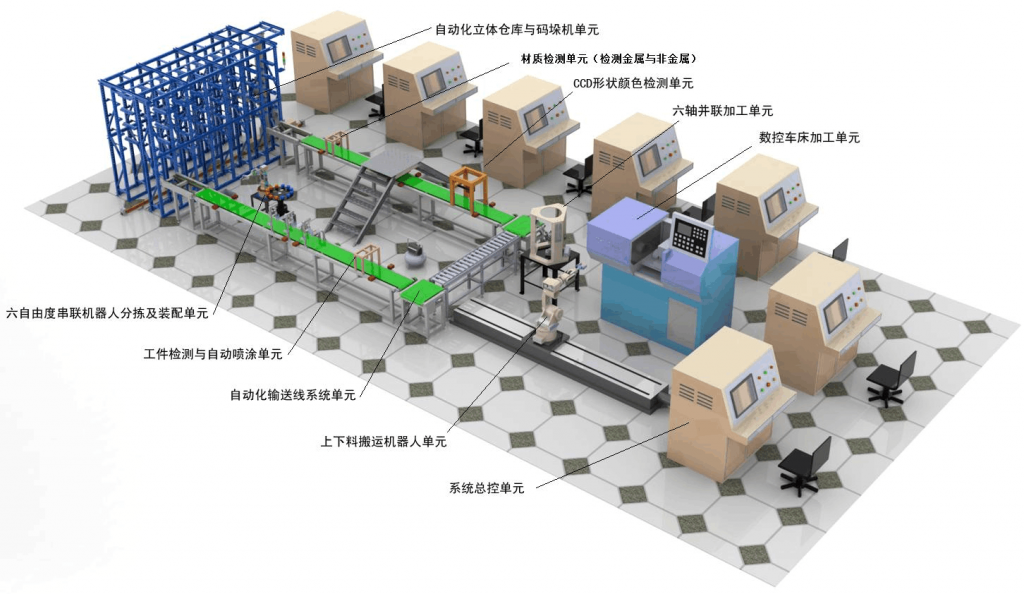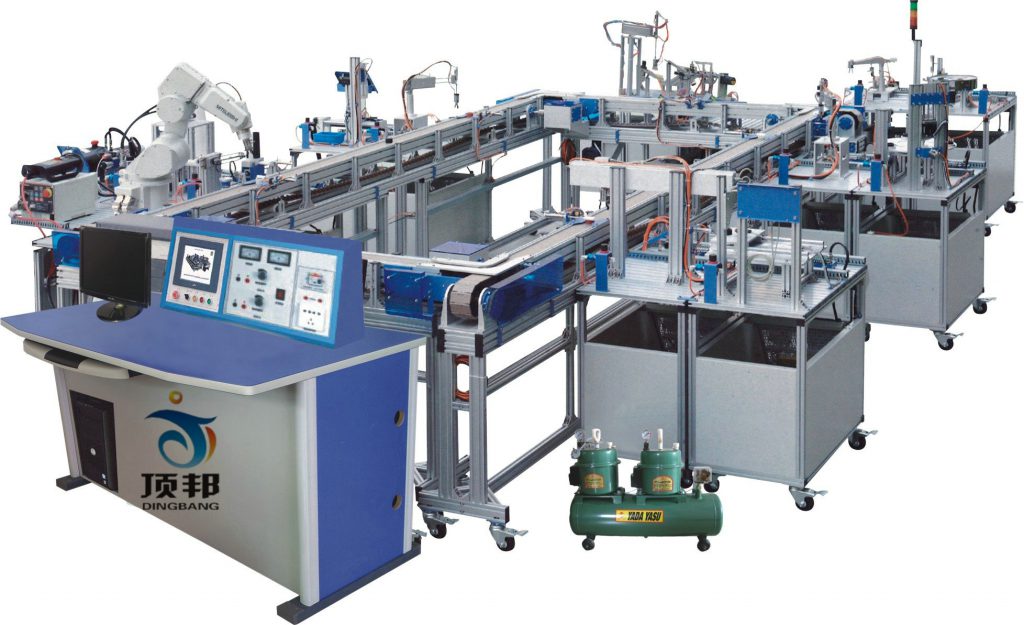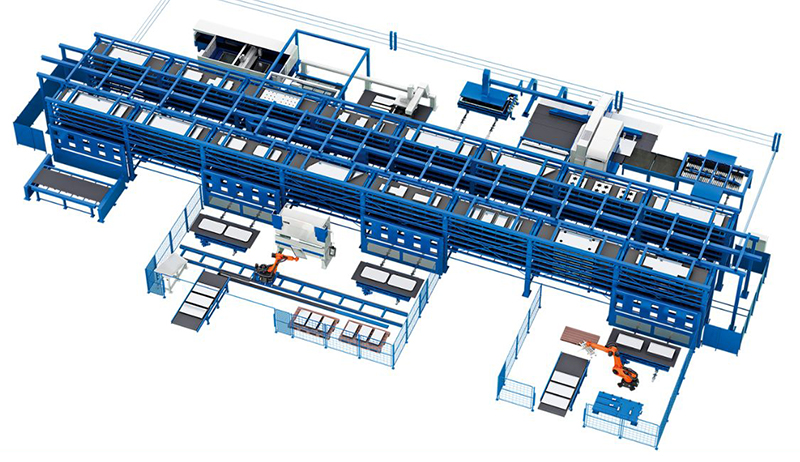Benefits of Flexible Production Lines
A flexible production line is a manufacturing system designed to adapt to changes in market demand, enabling rapid adjustments to production processes and line layouts. It incorporates flexible manufacturing processes and intelligent equipment, allowing enterprises to respond more effectively to market fluctuations, improve production efficiency and product quality, reduce production costs, shorten delivery cycles, and offer several benefits:

Firstly, flexible production lines help companies respond quickly to market demand.
Due to constant changes in market demand, traditional production lines often require significant time and costs to adjust production processes to meet new requirements. Flexible production lines, however, utilize modular equipment and automated control systems to swiftly adjust production processes and reconfigure production lines, thereby reducing time to market and enhancing the company’s ability to adapt to market changes.
Secondly, flexible production lines can reduce production costs.
Traditional production lines often require substantial manpower and resources for different products, whereas flexible production lines can achieve multi-variety, small-batch production through flexible equipment configuration and automation control, reducing labor and inventory costs, improving resource utilization, and lowering production costs.

Additionally, flexible production lines can enhance production efficiency and product quality.
By employing advanced manufacturing processes and intelligent equipment, flexible production lines automate production processes and manage them informatively, boosting production efficiency and line stability. Moreover, real-time monitoring and data analysis in flexible production lines allow timely identification and resolution of production issues, ensuring consistent product quality.
Lastly, flexible production lines can elevate a company’s competitiveness and sustainability.
With increasing market competition and technological advancements, companies must enhance their production capabilities and flexibility to stay competitive. Flexible production lines, as an advanced production model, facilitate flexible adjustments and efficient operations, improving production capabilities, market competitiveness, and laying a solid foundation for sustainable development.

In conclusion, flexible production lines offer various benefits such as improved production efficiency, shortened delivery cycles, reduced production costs, enhanced production flexibility and adaptability, and increased competitiveness. They represent a significant trend in modern manufacturing. By continuously integrating advanced technologies and management concepts, further refining and optimizing flexible production lines will help companies achieve sustained growth and development.